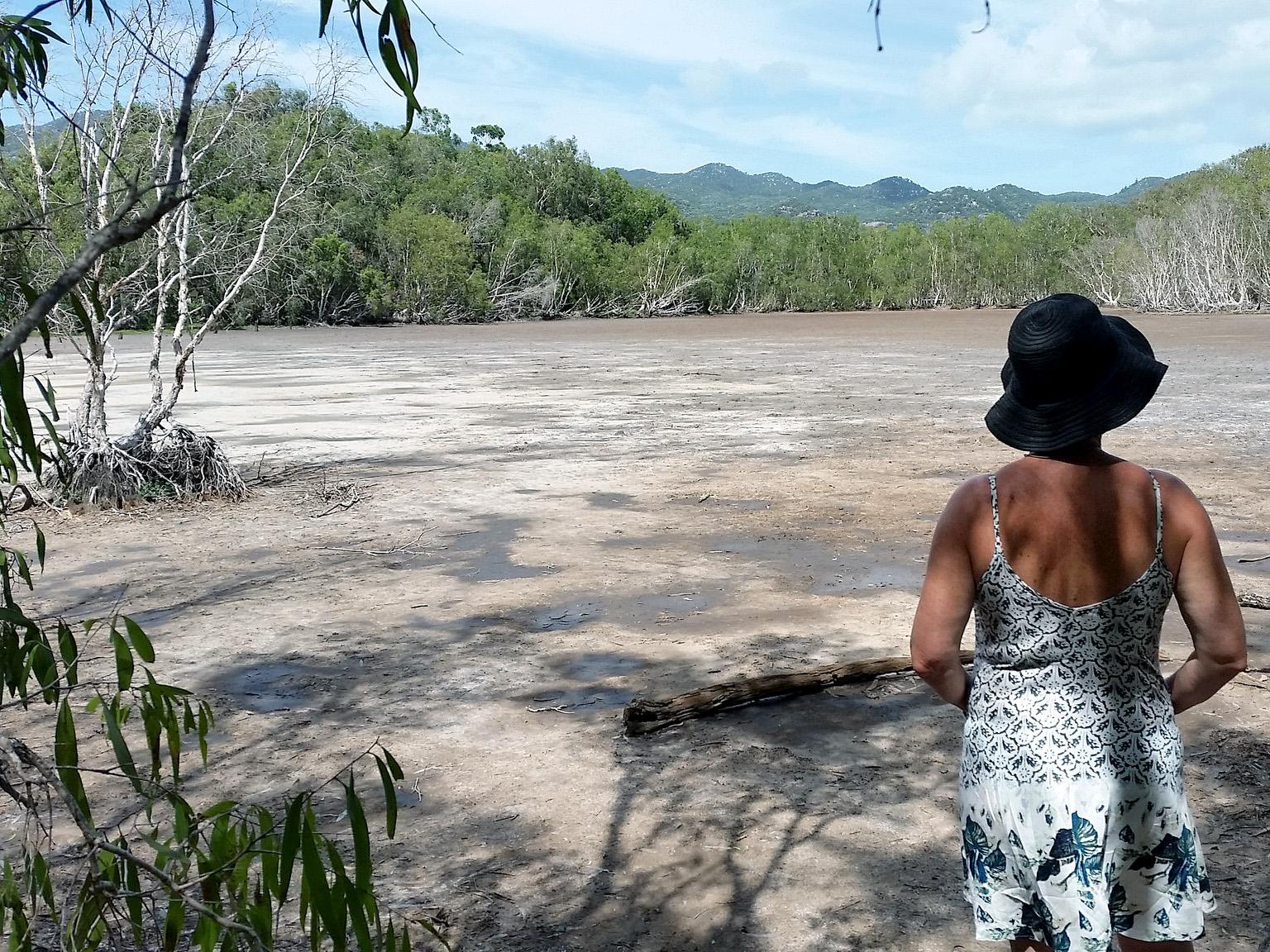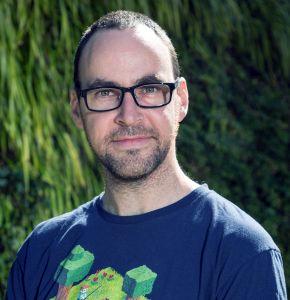Measurement & characterisation of arid wetland vegetation dynamics

Doug Beckers (CC BY-SA 2.0)
This ecology and environmental science project explores the dynamics of arid wetland vegetation.
Dr Ken Clarke’s research activities focus on making remote sensing and spatial science relevant.
“My team and I take existing research and convert it into useful information, using it to solve real-world problems,” Dr Clarke says.
“Or, if existing research is inadequate, we do the research ourselves, and then solve the management problem.
“We’ve got a long track record of working with government and industry and we frequently work across disciplines.
“Our experience covers a host of areas, including rangeland condition assessment; mapping seagrass meadows, and looking at how they’ve changed over time; developing ways to understand wetland inundation regimes, so we can manage them better; improving monitoring methods to help protect our arid mound springs; developing new ways of detecting and mapping bush-fire scars; and many others!”
Dr Clarke’s approach includes a strong logical basis for his team’s work, with firm roots in relevant theory - ecological, geological, remote sensing etc - as appropriate.
Sound literacy in critical thinking, computers and a specialist field such as ecology, geology, computer science, agriculture, astronomy, physics, robotics, or other are essential.
Some programming or scripting experience – for example, R or python) is ideal, but not necessary - you can pick it up as you go, it’ll be fun!
If you have your own ideas for an honours project, please contact Dr Clarke to discuss further.

Supervisor
Co-supervisors: Professor Megan Lewis
Research area: Applied remote sensing for real impact
Recommended honours enrolment: Honours in Ecology and Environmental Science
